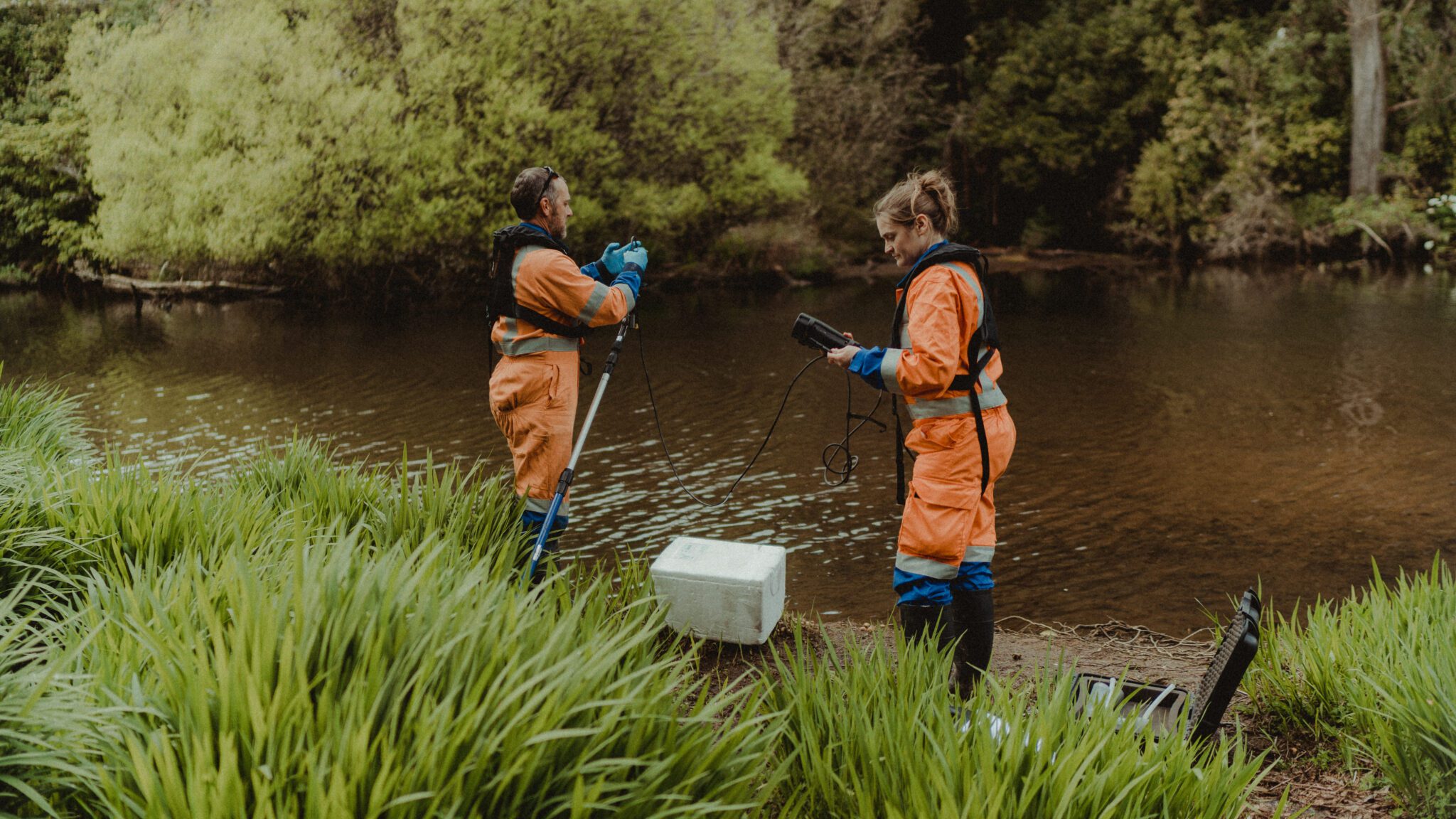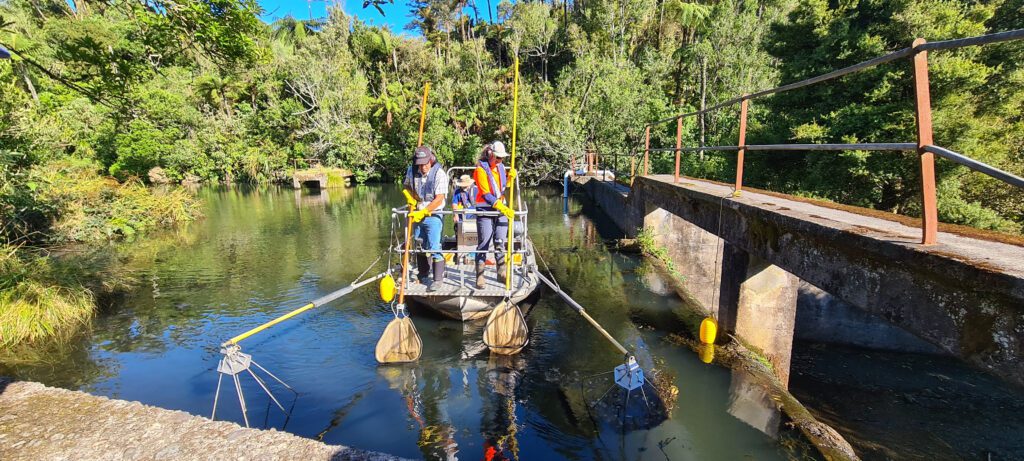Our Environmental Scientists have the tools and experience to survey a site’s ecology to assess the impact of current or planned activity, inform engineering design and site master planning,and help develop appropriate management strategies.

These scientific services cover flora and fauna ecology and can be applied to terrestrial, freshwater, and coastal environments, and may be required for a resource consent application.
A detailed investigation enables us to draw scientific conclusions about what flora and fauna are, or could be, present at your site, what effects your proposed activity will have, and what can be done to manage the ecological impact of your project.
Along with ecological impact assessments and management strategies at project outset, BTW’s team of environmental scientists apply their expertise and the latest technology for clients in areas such as habitat mapping, wetland delineation, and continuous water quality monitoring. Our experienced team also provide expert peer review of resource consent applications for councils around the Motu.
BTW’s Continuous Monitoring Solutions can support ecological assessments by gathering complex information from complex environments to provide timely, accurate data in a simple, easy to use way. Not only do these dynamic solutions simplify and streamline your environmental monitoring program, but they can also contribute to reducing operating expenses.
This is a growing field of work that fits well to our company’s value of kaitiakitanga – sustainability and an intergenerational approach to protecting what matters.
Recently, BTW’s ecological services team were on the job at Lake Mangamahoe, conducting fish management work.
Waikato University’s custom built electrofishing boat (the only one of its kind in NZ) was used for the fish salvage, prior to dam dewatering.

This method was chosen due to the high catch rates relative to effort, overall reduced stress on fish with the short handling time, as well as health and safety considerations.
The collaborative project was a success thanks to a joint effort between BTW, New Plymouth District Council, University of Waikato, hapū and Downer. It was impressive to see all these kaitiaki working toward the common goal of protecting our precious freshwater taonga, and helping with the fish salvage, land-based processing of catch and transfer to release locations.
For more information on projects of this nature, speak with one of our Environmental Scientists – Taranaki and Waikato.
You can also visit this page of our website: https://www.btw.nz/services/environment/ecological-assessments-and-reporting/
Empowering property owners and communities to shape their future.